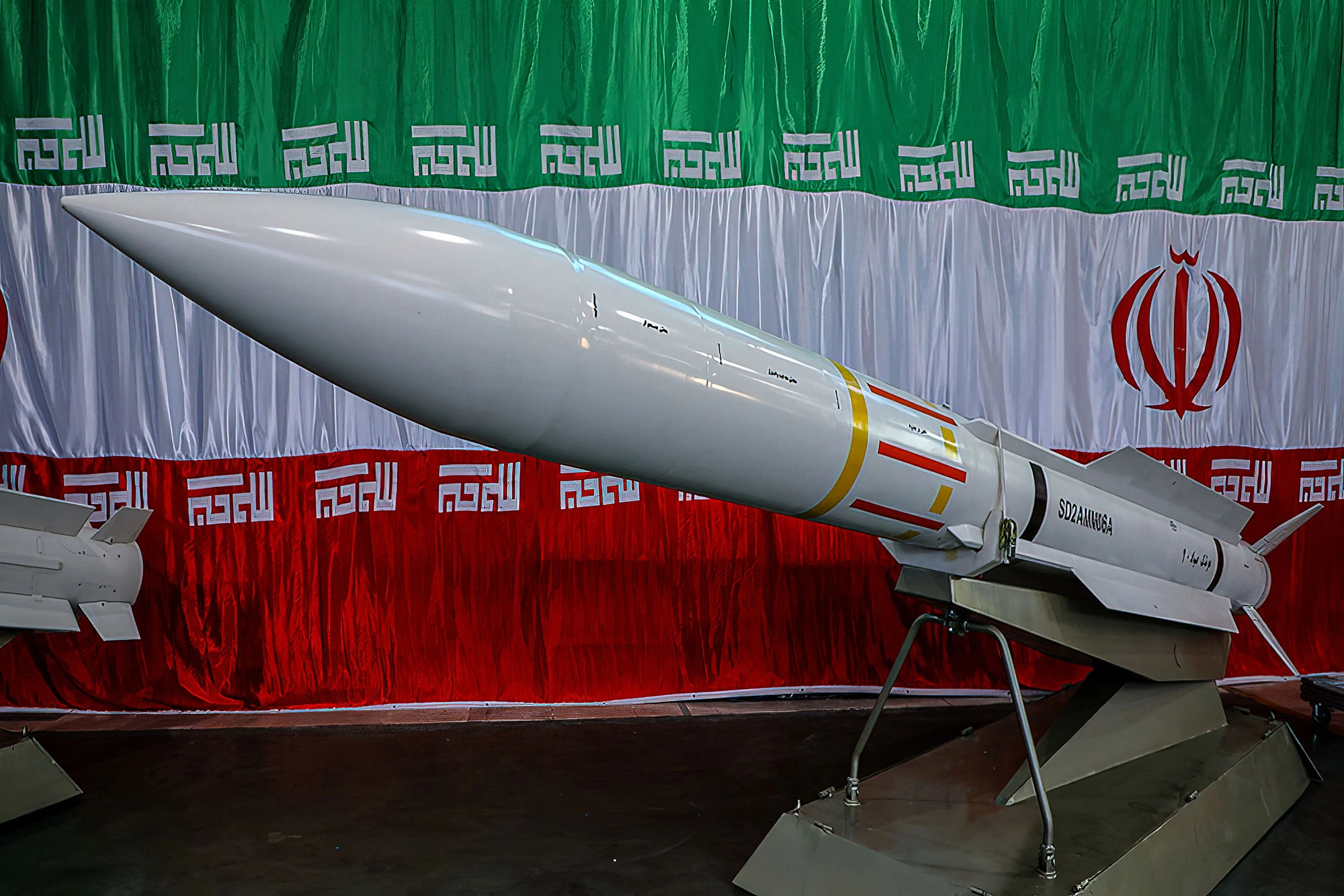An Iranian Revolutionary Guards general has confirmed that the Islamic republic has just recently developed a hypersonic missile that has the capacity to penetrating all the defence systems, raising concerns from the UN nuclear watchdog.
Africa Today News, New York reports that, like traditional ballistic missiles, Hypersonic missiles which can deliver nuclear weapons, can fly as much as five times more than the speed of sound.
‘This hypersonic ballistic missile was developed to counter air defence shields,’ General Amirali Hajizadeh, the commander of the Islamic Revolutionary Guard Corps aerospace unit said, quoted by Iran’s Fars news agency.
‘It will be able to breach all the systems of anti-missile defence,” said the general, adding that he believed it would take decades before a system capable of intercepting it is developed.
‘This missile, which targets enemy anti-missile systems, represents a great generational leap in the field of missiles.’
The head of the International Atomic Energy Agency (IAEA) Rafael Grossi expressed concerns about the announcement.
Read Also: US Frowns At ‘Illegal’ North Korea’s Missile Launch
‘We see that all these announcements increase the attention, increase the concerns, increase the public attention to the Iranian nuclear programme,’ Grossi told reporters on the sidelines of the COP27 climate summit in Sharm el-Sheikh, Egypt.
But he added that he does not see this as “having any influence” on negotiations over the Islamic republic’s nuclear programme.
The announcement comes after Iran admitted on Saturday that it had sent drones to Russia, but said it had done so before the Ukraine war.
The Washington Post reported on October 16 that Iran was preparing to ship missiles to Russia, but Tehran rejected the report as “completely false”.It also comes at a time of protests that have rocked Iran since the September 16 death of Mahsa Amini after her arrest for allegedly flouting the Islamic republic’s dress code for women.
Unlike ballistic missiles, hypersonic missiles fly on a trajectory low in the atmosphere, potentially reaching targets more quickly.
North Korea’s test of a hypersonic missile last year sparked concerns about the race to acquire the technology, which is currently led by Russia, followed by China and the United States.
Both Iran and Russia are targeted by stringent sanctions — Iran after the US unilaterally pulled out of the 2015 nuclear deal, and Russia since it invaded Ukraine in February.
The two countries have responded to the sanctions by boosting cooperation in key areas to help prop up their economies.
